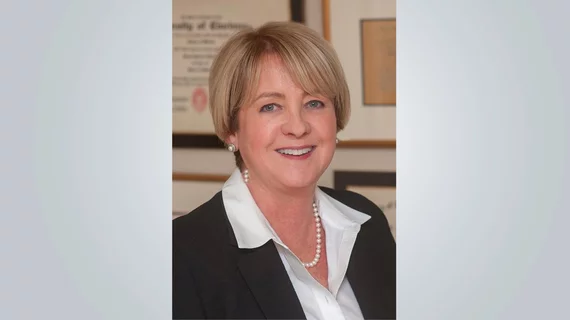RSNA welcomes new board members during annual meeting
The Radiological Society of North America welcomed new leadership to the organization this week, naming a new president and president-elect to its board.
Mary C. Mahoney, MD, professor of radiology at the University of Cincinnati College of Medicine, will assume the role of president, RSNA announced on Tuesday during its virtual meeting. She plans to focus her efforts on patient-centered care and promoting diversity, quality and inclusion within radiology.
“I am honored to be part of an organization that actively supports women in radiology and works to promote diversity and inclusivity in its leadership, in its committees and in its programming,” Mahoney said in a statement. “We must ensure that our academic and society leaders reflect the diverse community we represent and strive to provide an equitable and inclusive community that serves the needs of all of our members.”
Mahoney first joined the RSNA board back in 2014 and has taken on many roles within the Oak Brook, Illinois, organization, including chair of the Patient-Centered Radiology Steering Committee.
Meanwhile, Bruce G. Haffty, MD, associate vice chancellor of cancer programs at Rutgers in New Jersey, has been named president-elect. He will turn his attention toward maintaining RSNA’s strong governance profile and bolstering awareness of the organization outside of the imaging community.
Also on Tuesday, RSNA promoted Matthew A. Mauro, MD, president of the University of North Carolina Faculty Physicians, to board chair. Noted expert in clinical cardiothoracic and pulmonary imaging, Sanjeev Bhalla, MD, also joined the board, RSNA announced.

